Is Dhaka ready to embrace Electric Vehicles?
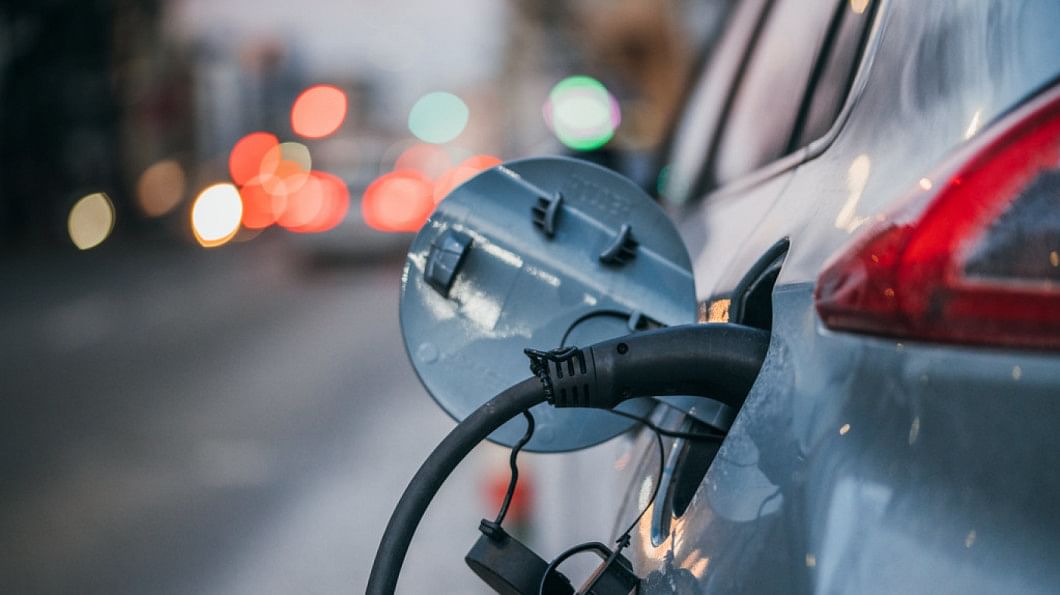
Dhaka, the capital city of Bangladesh, is one of the most densely populated cities in the world. With a population of over 21 million, the city faces a number of challenges, including air pollution, traffic congestion, and a lack of reliable public transportation. In recent years, electric vehicles (EVs) have been touted as a potential solution to these issues, offering a cleaner and more efficient alternative to traditional gasoline-powered vehicles.
The adoption of electric vehicles in Dhaka is still in its early stages, with only a small number of EVs currently on the road. There are only a few privately owned Teslas, but until now, there were no EV categories for registration with the Bangladesh Road Transport Authority (BRTA).
Audi Bangladesh, however, just launched their e-tron electric SUV in the country and became the first automotive brand in Bangladesh to officially launch Battery Electric Vehicles (BEV) and the first manufacturer to officially register electric vehicles under the EV category with BRTA.
This hints at a positive shift towards the regulatory mindset regarding EVs. However, is Dhaka ready?
One of the biggest advantages of EVs is their low emissions. The electric motors in EVs produce zero emissions, which makes them an attractive option for cities like Dhaka that are plagued by air pollution.
According to a study by the World Health Organization, air pollution in Dhaka is responsible for over 12,000 deaths per year, making it a major public health concern. By switching to EVs, the city could significantly reduce air pollution and improve the health of its residents.
Another advantage of EVs is their efficiency. Electric motors are more efficient than internal combustion engines, meaning that EVs can travel further on the same amount of energy. This makes them well-suited for the congested streets of Dhaka, where traffic is often slow-moving and gasoline-powered vehicles consume a lot of fuel. Additionally, EVs can be charged overnight, which means that they are ready to go in the morning without the need to stop at a gas station.
However, there are a number of challenges that need to be overcome in order for EVs to become a viable option for the people of Dhaka. One of the biggest challenges is the lack of charging infrastructure.
Currently, there are very no public charging stations in Dhaka, which makes it difficult for EV owners to charge their vehicles. There were only 14 EV charging stations with a combined capacity of 278 kW in the entire nation as of December 2020.
Commercial DC Fast Charging has not yet been made available in Bangladesh. Residential charging arrangements are now used to manage the small number of cars that are currently in use.
Although it is possible to extend high-voltage electrical lines into homes for EV charging, users are still responsible for the cost of installing the line. Additionally, the cost of the consumed electricity is billed at commercial rates, which are significantly higher than residential rates.
Another challenge is the high cost of EVs. Currently, EVs are more expensive than traditional gasoline-powered vehicles, which makes them out of reach for many people in Dhaka. This is partly due to the high cost of batteries, which make up a significant portion of the cost of an EV. However, as battery technology improves and economies of scale are achieved, the cost of EVs is likely to come down, making them more affordable for the people of Dhaka.
Despite these challenges, there are a number of initiatives underway in Dhaka that are aimed at promoting the adoption of EVs. For example, A new automobile policy recently developed by the Bangladeshi government aims to better integrate eco-friendly vehicles into the system. By 2030, the government wants to see at least 15% of all registered vehicles be electric vehicles.
A tax break or holiday is also suggested in the Draft Automobile Industry Development Policy-2020 for investments made in energy-efficient vehicle assembly facilities (EEV).
As for manufacturers, Walton has recently unveiled their e-bike lineup and is also possibly working on introducing electric city buses. In addition to Walton, a few other regional producers are preparing to sell locally assembled two-wheeler EVs in the Bangladeshi market.
Omega Seiki, an Indian automaker, recently announced a 1 billion INR investment to establish EV manufacturing facilities in Bangladesh. Local automaker BDAuto plans to produce three-wheeler EVs for both domestic and international markets.
The prospects for electric vehicles in Dhaka are promising, and with the right policies and investments, they have the potential to make a significant impact on the city's air quality, traffic congestion, and public health. It is important for the government and private sector to work together to overcome the challenges facing the adoption of EVs in Dhaka and to create a supportive environment for the growth of this industry. With the right approach, EVs can become a viable and sustainable transportation option for the people of Dhaka.

 For all latest news, follow The Daily Star's Google News channel.
For all latest news, follow The Daily Star's Google News channel. 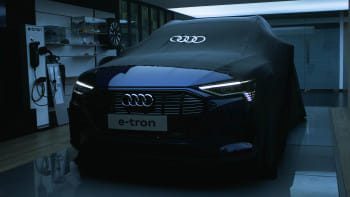
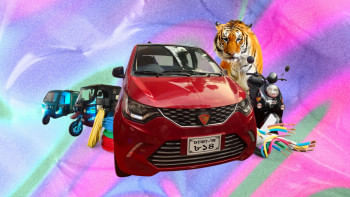




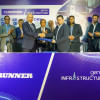
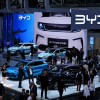
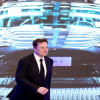


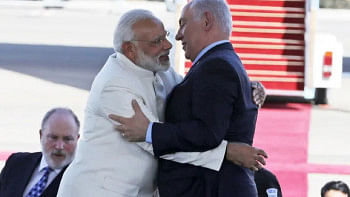
Comments